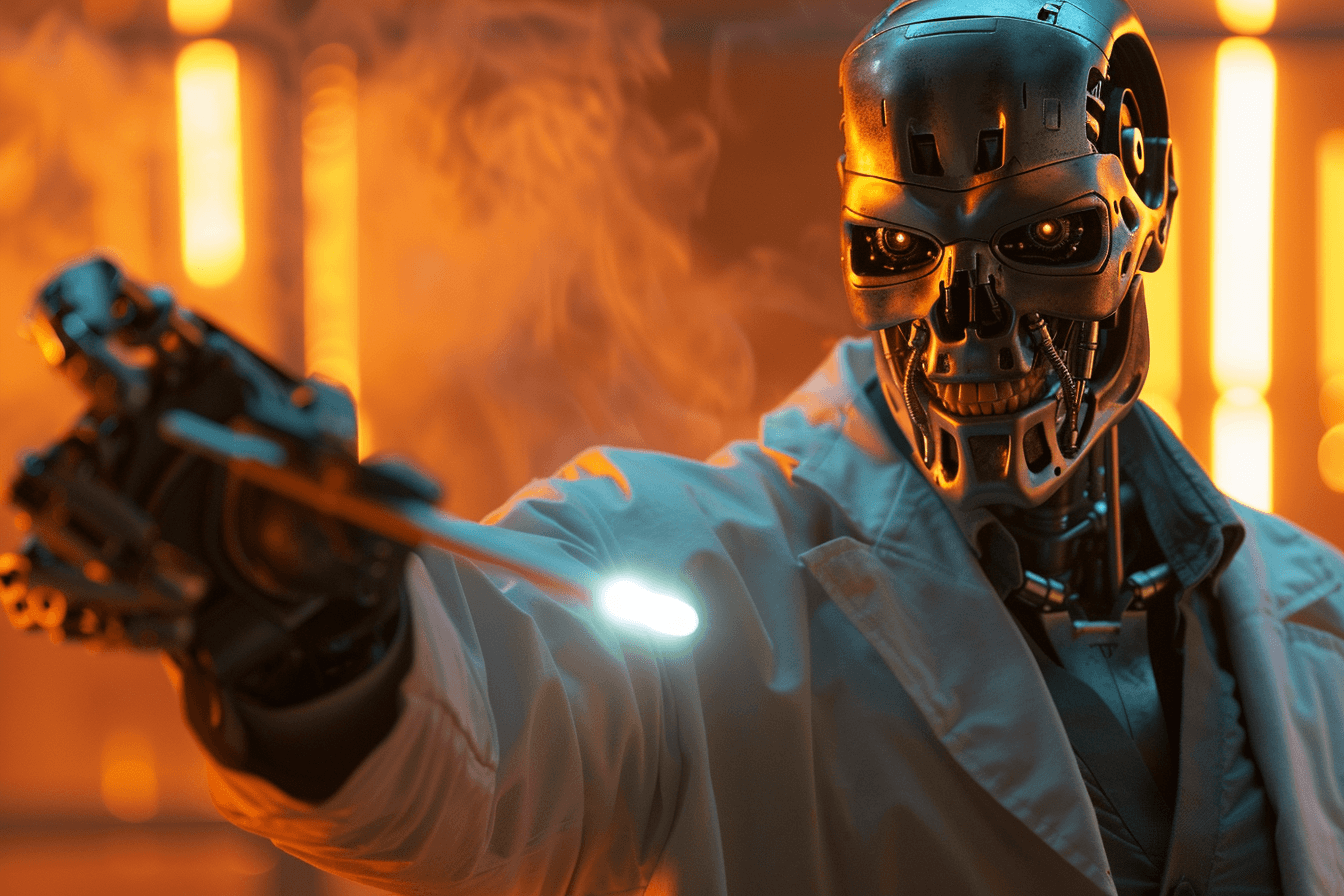Will ChatGPT soon replace doctors? In the USA maybe yes, but in Poland… there is no chance of it.
ChatGPT won't cure you!
The world's most famous chatbot passed the American medical licensing exam and the European basic cardiology exam. This would indicate that he could at least provide medical advice and help reduce queues to specialists. But not in Poland.
Experts from the Collegium Medicum. Ludwik Rydygiera in Bydgoszcz asked artificial intelligence 1,191 questions that appeared on medical exams in 2013-2017. As it turned out? The chatbot coped well with questions about allergology, infectious diseases and endocrinology. AI coped the worst with cardiology.
Overall, ChatGPT performed worse than humans. The median positive AI results were 49.37%. This is not enough to pass the exam (the minimum score is 60%).
In all sessions, ChatGPT scores were significantly worse than those of human test subjects, whose scores ranged between 65.21% and 71.95%
– said a team of scientists from the university.
The experts added that the correctness of ChatGPT responses decreased as the task difficulty increased. The same phenomenon can be seen in humans.
AI may be useful, but it will not replace medics
So will artificial intelligence be of no use to doctors at all? Not completely.
First of all, let's note that AI passed the European and American tests. Were the Polish ones more difficult? Possible.
However, apart from the above, AI can help experts in other ways. Collegium Medicum Nicolaus Copernicus University stated, for example, that “current applications (of artificial intelligence) in health care included, for example, the cataloging and interpretation of large data sets or the development and implementation of diagnostic and therapeutic algorithms. “AI seems to be very helpful given the underfunding of health care systems, the problem of burnout among medical staff and staff shortages.”
ChatGPT may prove helpful in the future to “unlock” the health service. 79% of patients who had contact with a chatbot doctor found its answers more empathetic and comprehensive than those from human doctors. So maybe AI could help provide first instructions to sick people so that they don't have to go to the doctor right away.

